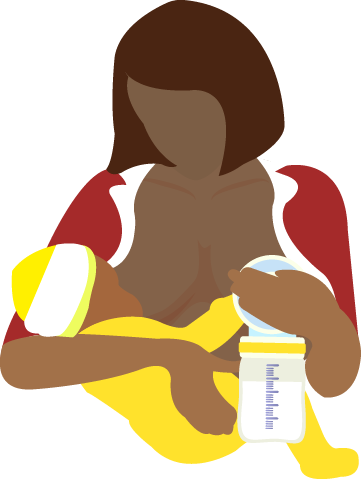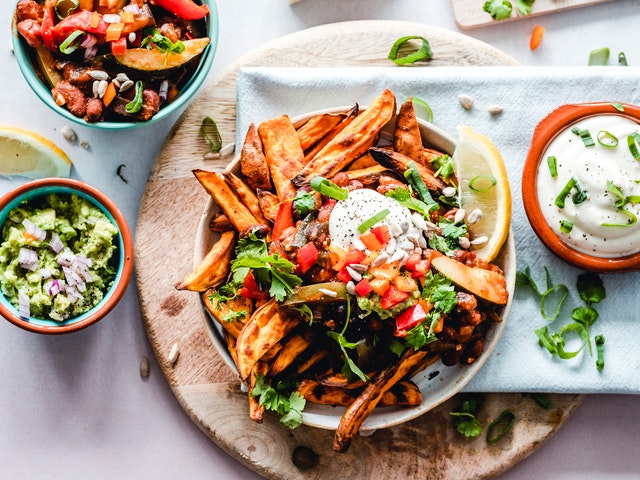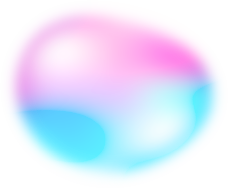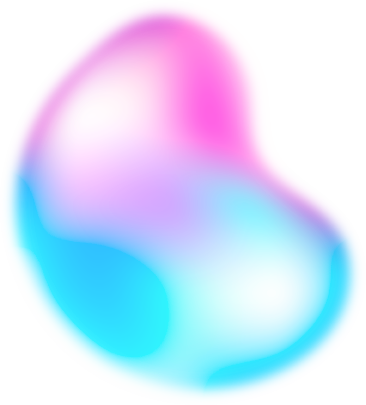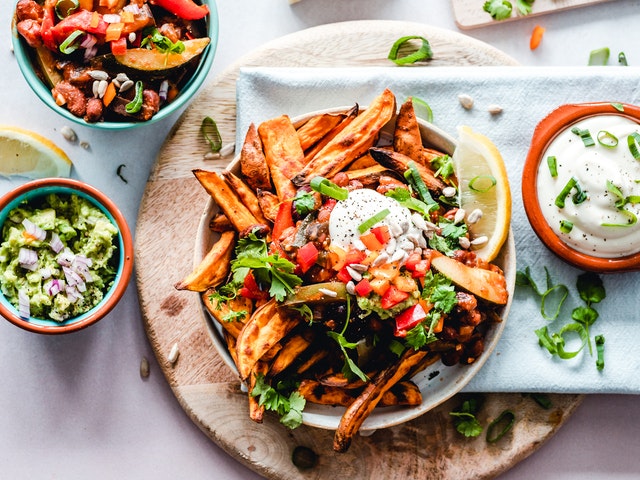
What about a vegetarian diet?
If you follow a vegetarian diet, it’s especially important to choose foods that’ll give you the nutrients you need. For example:
Choose foods rich in iron, protein and calcium. Good sources of iron include lentils, enriched cereals, leafy green vegetables, peas, and dried fruit, such as raisins. To help your body absorb iron, eat iron-rich foods with foods high in vitamin C, such as citrus fruits.
For protein, consider plant sources, such as soy products and meat substitutes, legumes, lentils, nuts, seeds, and whole grains. Eggs and dairy are other options.
Good sources of calcium include dairy products and dark green vegetables. Other options include calcium-enriched and -fortified products, such as juices, cereals, soy milk, soy yogurt and tofu.
Consider supplements. Your health care provider will likely recommend a daily vitamin B-12 supplement. Vitamin B-12 is found almost exclusively in animal products, so it’s difficult to get enough in vegetarian diets. If you don’t eat fish, you might consider talking to your health care provider about taking an omega-3 supplement.
If you don’t eat enough vitamin D-fortified foods — such as cow’s milk and some cereals — and you have limited sun exposure, you might need vitamin D supplements. Your baby needs vitamin D to absorb calcium and phosphorus. Too little vitamin D can cause rickets, a softening and weakening of bones. Tell your doctor and your baby’s doctor if you’re also giving your baby a vitamin D supplement.
What foods and drinks should I limit or avoid while breast-feeding?
Certain foods and drinks deserve caution while you’re breast-feeding. For example:
Alcohol. There’s no level of alcohol in breast milk that’s considered safe for a baby. If you drink, avoid breast-feeding until the alcohol has completely cleared your breast milk. This typically takes two to three hours for 12 ounces (355 milliliters) of 5% beer, 5 ounces (148 milliliters) of 11% wine or 1.5 ounces (44 milliliters) of 40% liquor, depending on your body weight. Before you drink alcohol, consider pumping milk to feed your baby later.
Caffeine. Avoid drinking more than 2 to 3 cups (16 to 24 ounces) of caffeinated drinks a day. Caffeine in your breast milk might agitate your baby or interfere with your baby’s sleep.
Fish. Seafood can be a great source of protein and omega-3 fatty acids. Most seafood contains mercury or other contaminants, however. Exposure to excessive amounts of mercury through breast milk can pose a risk to a baby’s developing nervous system. To limit your baby’s exposure, avoid seafood that’s high in mercury, including swordfish, king mackerel and tilefish.
Source: Mayo Clinic
Link: https://www.mayoclinic.org/healthy-lifestyle/infant-and-toddler-health/in-depth/breastfeeding-nutrition/art-20046912
